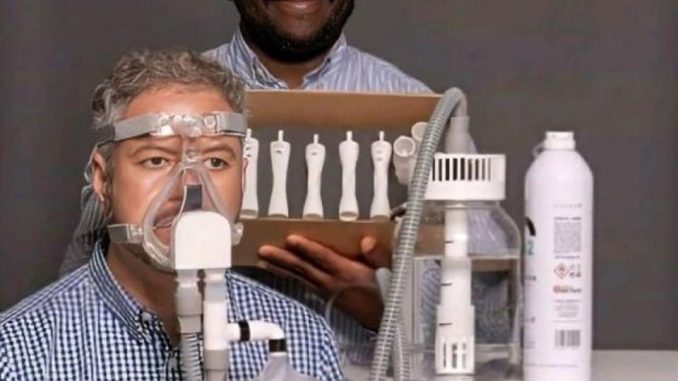
The Nigeria’s Healthcare Crisis
Nigeria’s healthcare system is in a state of crisis, with government-controlled hospitals like the Lagos State University Teaching Hospital (LASUTH) struggling to provide adequate care to patients. Despite being one of the country’s most visited hospitals, LASUTH faces numerous challenges, including overcrowding, dilapidated equipment, and a lack of basic amenities like electricity. The hospital’s epileptic power supply has led to countless deaths, particularly among patients requiring incubators, ventilators, and other life-saving equipment.
The conditions at LASUTH are a reflection of the broader healthcare crisis in Nigeria. Teaching hospitals across the country, owned by both state and federal governments, face similar challenges. Snakes have even been known to inhabit some hospital wards, highlighting the deplorable state of these facilities. It’s a wonder that medical personnel can provide any level of care in such conditions.
The Attitude of Medical Personnel
The attitude of medical personnel at LASUTH and other government-controlled hospitals is another area of concern. Patients are often treated with a lack of empathy and compassion, which can exacerbate an already dire situation. This is not to say that all medical personnel are uncaring, but the system seems to be designed to prioritize bureaucracy over patient care.
The Impact on Patients
The conditions at Nigerian university teaching hospitals and other government-controlled hospitals have a devastating impact on patients. Those who require life-saving equipment like ventilators and incubators are often left to fend for themselves, with many succumbing to their illnesses due to the lack of adequate care. The psychological toll on patients and their families cannot be overstated, as they are forced to navigate a system that seems designed to fail them.
Yusuf Bilesanmi’s Glimmer of Hope
In the midst of this crisis, there are glimmers of hope. Innovations like 1987 born Yusuf Bilesanmi’s ShiVent, a low-cost, non-electric ventilator, offer a potential solution to some of the challenges faced by hospitals like LASUTH. However, these innovations are just a drop in the ocean, and more needs to be done to address the systemic issues plaguing Nigeria’s healthcare system.
Conclusion
The conditions at LASUTH and other government-controlled hospitals in Nigeria are a national disgrace. Patients deserve better, and it’s time for the government to take action to address the systemic issues plaguing the healthcare system. This includes investing in infrastructure, equipment, and personnel, as well as prioritizing patient care over bureaucracy. Until then, innovations like ShiVent will only scratch the surface of the problem.

Leave a Reply